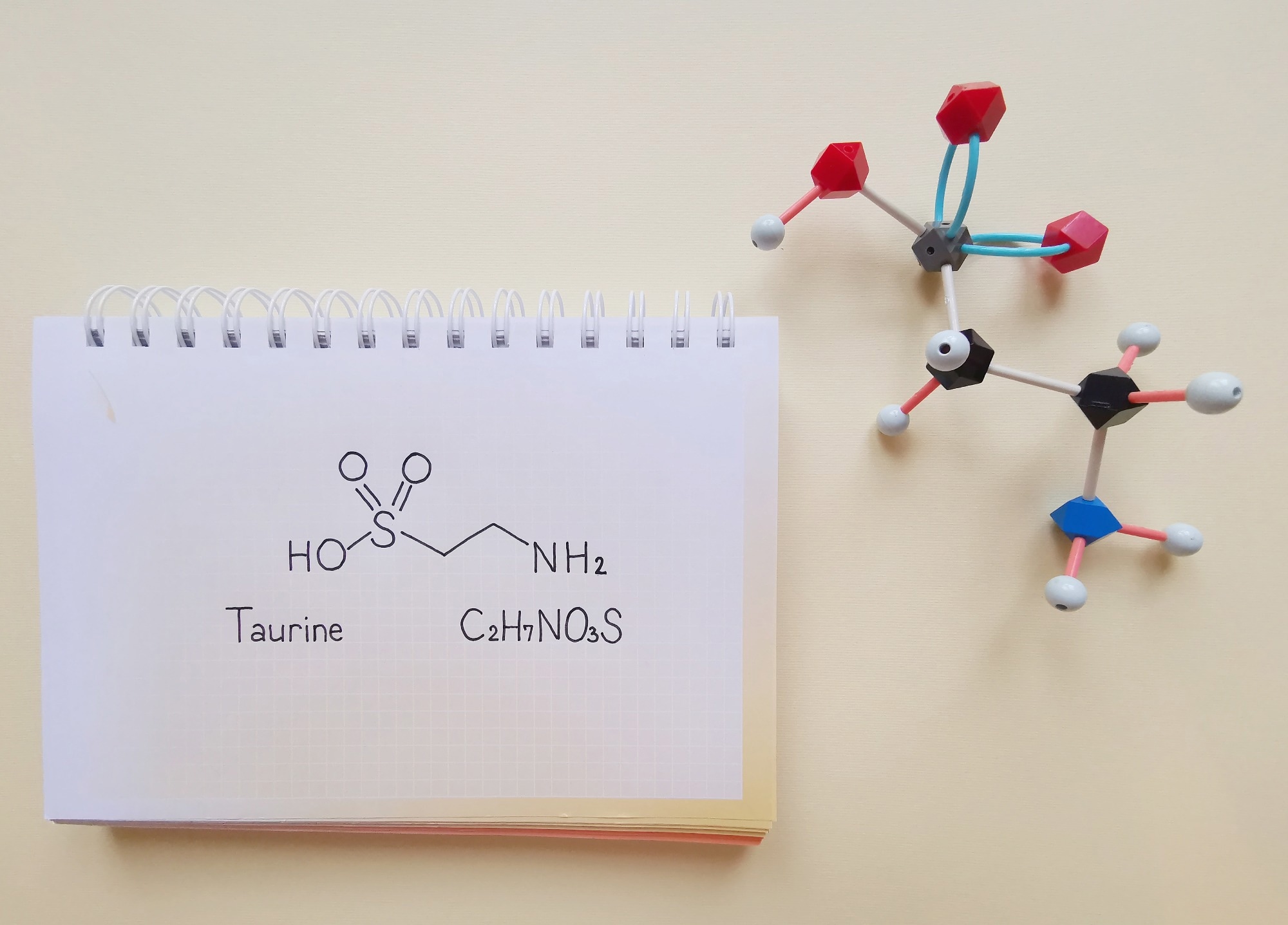Aging is a physiological function change affecting life at all scales, from cell to organ level. The drivers of this alteration are still largely unknown. However, shifts in the concentration of various molecules occur with aging.
 Study: Taurine deficiency as a driver of aging. Image Credit: DanijelaMaksimovic/Shutterstock.com
Study: Taurine deficiency as a driver of aging. Image Credit: DanijelaMaksimovic/Shutterstock.com
Introduction
As the world population ages rapidly, it appears likely that one in six people will be aged 65 or more by 2050. Despite the increase in lifespan, age-related declines in health threaten the quality of life and impose potentially heavy costs on social and economic support systems.
As such, aging has received a good share of scientific attention. Earlier research has identified several cell markers of aging, termed the hallmarks of aging.
These include genomic instability, mitochondrial dysfunction, stem cell exhaustion, loss of nutrient sensing regulation, and the build-up of senescent cells.
Molecular parameters also show changes, but whether these are the cause or result of aging has been a source of debate. One method to distinguish between these possibilities is the ability to reverse age-related changes and prolong a healthy lifespan by restoring such molecules to their former concentrations.
The current study focused on taurine, among eukaryotic organisms' most abundant amino acids. It is semi-essential, produced from cysteine by enzymatic activity, and absorbed from the diet.
Taurine deficiency in early life leads to dysfunctions of the central nervous system and muscle tissue, as well as of the eye, all of which are associated with age-related changes. With age, various tissues show a drop in taurine concentrations.
Conversely, young animals demonstrate improved organ function with taurine supplementation. Thus, taurine deficiency appeared to be a potential candidate as a driver of age-related deterioration.
What did the study show?
The researchers found that, in aging animals from a number of species, taurine levels in blood declined by 80% or more compared to youthful concentrations.
In a mouse model, taurine supplementation was accompanied by an 18-25% increase in lifespan in animals on the same diet as controls. The same lengthening of lifespan was observed in Caenorhabditis elegans, varying with the dose.
In yeast, however, no such effect was seen, probably because of the differences in taurine metabolism between these two. When taurine was added to the diet in a mouse model, markers of aging were successfully slowed.
Age-related weight gain slowed, while bone mass increased, in female aged mice treated with taurine supplementation. Muscle strength, coordination, and endurance all registered an increase. Moreover, taurine supplementation reduced anxiety and improved natural curiosity.
Better glucose control and intestinal transit times were also observed. Multiple immune-inflammatory parameters also improved. In female rodents with osteoporosis and post-ovariectomy weight gain, taurine reversed these conditions.
As described above, middle-aged male mice also showed improved parameters in multiple organs, with a probable increase in healthy lifespan. However, the effects were greater in female mice, indicating possibly sex-specific modes of action for taurine.
The taurine decline with age correlates with decreases in multiple other age-related pathological changes, including fat deposition, hemoglobin levels, and blood cell counts.
How taurine might work
The mechanism of taurine-associated benefit appears to be the reversal of the aging-related transcriptomic profile linked to taurine deficiency.
Compared to mice with taurine deficiency, cell markers of aging, such as telomere shortening, cell senescence, DNA damage even after oxidant stress, and epigenetic changes, showed significant declines with taurine treatment.
Better nutrient sensing, enhanced mitochondrial function, improved regeneration in some tissues, and lower levels of inflammation are other pathways that might mediate the observed improvement in health parameters.
Interestingly, exercise was associated with higher levels of taurine and other chemicals derived from it, suggesting that this might account for the beneficial effects of exercise on aging-related declines in health. In non-human primates, too, taurine produced significant benefits on multiple organ systems and health parameters.
What are the implications?
Taurine seems to be essential for early growth and development. Its deficiency at this time might promote earlier health declines during adulthood.
The beneficial effects of taurine supplementation on various species suggest that it may inhibit the fall in aging-related cell-level function. In humans, exercise induces a healthy and health-promoting rise in taurine levels.
Given that taurine has no known toxic effects in humans, can be administered orally, and affects all the major hallmarks of aging, human trials are warranted to examine whether taurine supplementation increases healthy life span in humans."